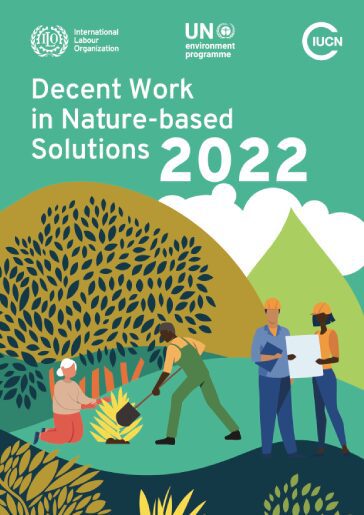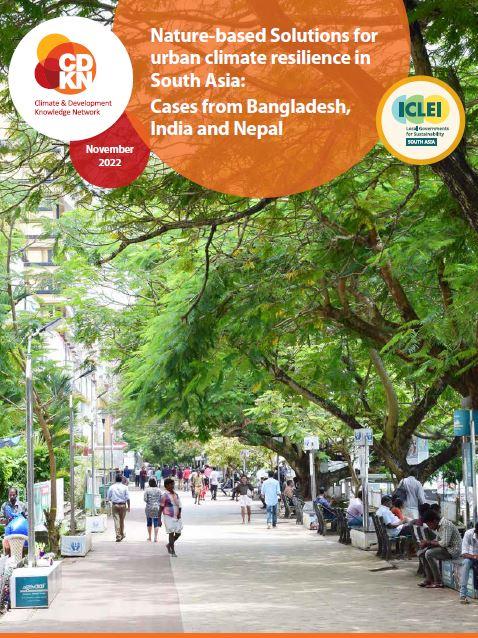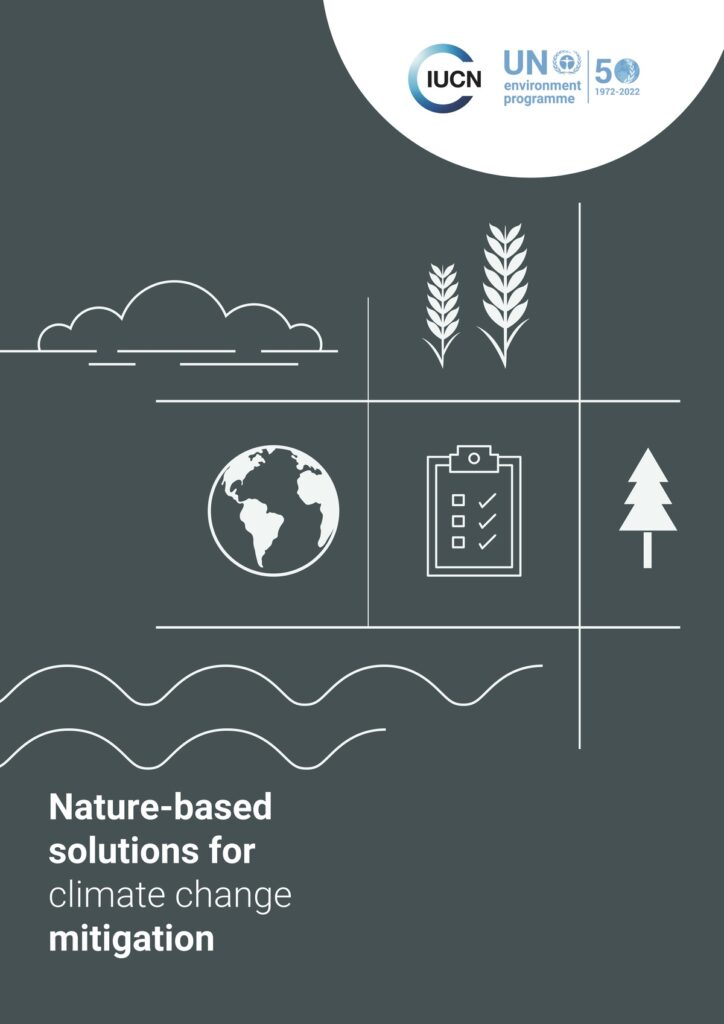As climate and biodiversity crises grow, nature-based solutions are increasingly being sought to reduce impacts and protect ecosystems.
Quite a few nature-based solution reports have been published over the past few months, so we thought we’d update our list. Those who didn’t read last year’s list: welcome! This is where we keep track of some of the most thought-provoking papers that have crossed my path as of late. We hope you’ll find them as engaging and inspiring as we have.
RELEVANT SUSTAINABLE GOALS

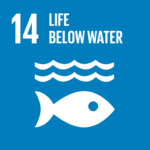
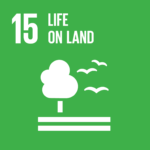
Decent Work in Nature-based Solutions
Launched at the UN’s Biodiversity Conference, COP15, in Montreal, the report, Decent Work in Nature-based Solutions , underscores the need for a just transition – greening the economy in a way that is fair and inclusive, creating meaningful work opportunities and leaving no one behind.
Co-developed by ILO, the United Nations Environment Programme (UNEP) and the International Union for Conservation of Nature (IUCN), this report is the first in a joint global biennial report series that aims to fill knowledge and advocacy gaps on how transitions to a green economy will affect the world of work, and of the role that NbS can and do play in creating employment, especially for the poorest and most vulnerable people.
Nature-based Solutions for urban climate resilience in South Asia: case studies from Bangladesh, India and Nepal
Climate change and human activities have exacerbated biodiversity loss and severely affected the overall health of the world’s ecosystems. Technological solutions, which are often lauded as multipurpose solutions, are limited in their effectiveness and often do not offer sustainable outcomes. Nature-based Solutions (NbS) are fast receiving recognition as holistic and integrated alternatives.
This compendium showcases NbS implemented in urban areas in India, Bangladesh, and Nepal. 15 case studies are shared and have been arranged according to the IUCN categorisation of NbS approaches.
Nature-based Solutions for climate change mitigation
This report analyses the current state of knowledge regarding the role of Nature-based Solutions (NbS) in climate change mitigation. It shows that in order to keep temperature rising to 1.5 degrees and achieve net zero by 2050 a significant contribution from NbS is both necessary and possible, provided the necessary finance is made available. It assesses the role that carbon offsets can play in the overall finance package.
The report is authored by experts from the United Nations Environment Programme (UNEP) and the International Union for Conservation of Nature (IUCN).
You may also be interested in :
Making Sense Of Biodiversity Conservation Via Your Cup Of Coffee



